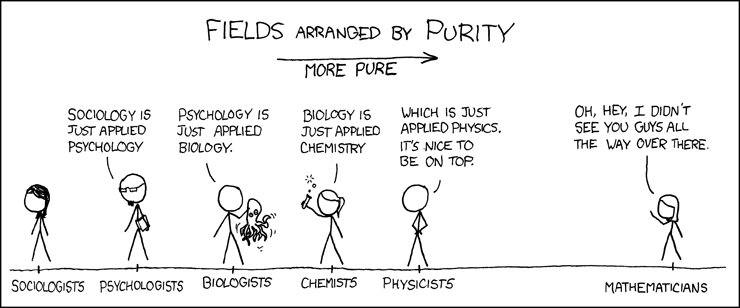Glanceability
The reason I was in York last night was to attend the 40th birthday celebrations for University Radio York, the UK's oldest student radio station, which began against great odds, only semi-legally, at a time when the government flatly refused to license any broadcasting that would break the BBC's monopoly, and physicists wouldn't assent to the idea that the induction loop technology the students were proposing would restrict the signal to the campus. I had a small role in the founding of the station four decades ago when I was a freshman undergraduate in the Department of Language at the University of York. At last night's reunion dinner I sat with a bunch of guys who started at URY and spent their whole lives in the broadcasting industry. People like and Robin Valk, who worked as a rock DJ in Buffalo, NY, for a few years before returning to Britain to work on software for computer management of radio programming, and Phil Harding, who has spent his career in a succession of different posts at the BBC. Phil taught me a new word that he learned at a seminar on new developments in the cellphone industry: glanceability.
Read the rest of this entry »
Permalink Comments off

 A sample of today's
A sample of today's 
